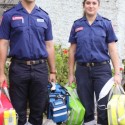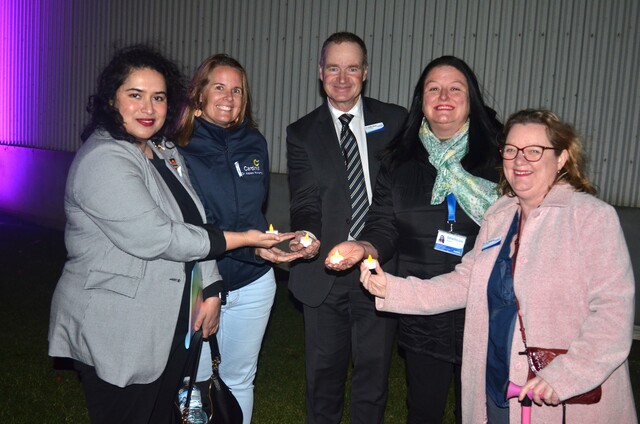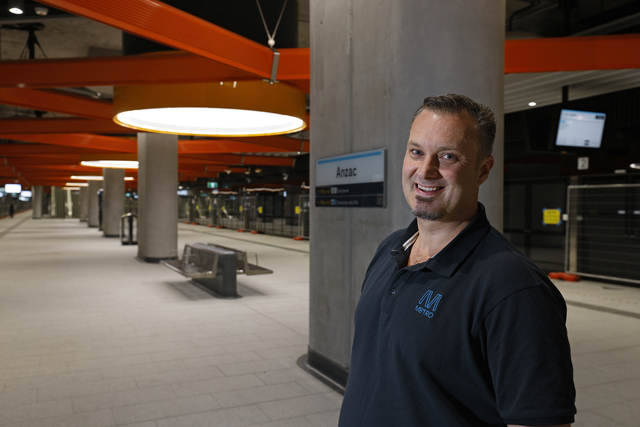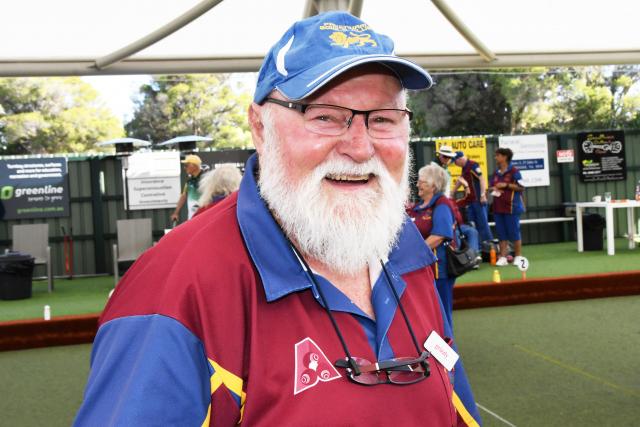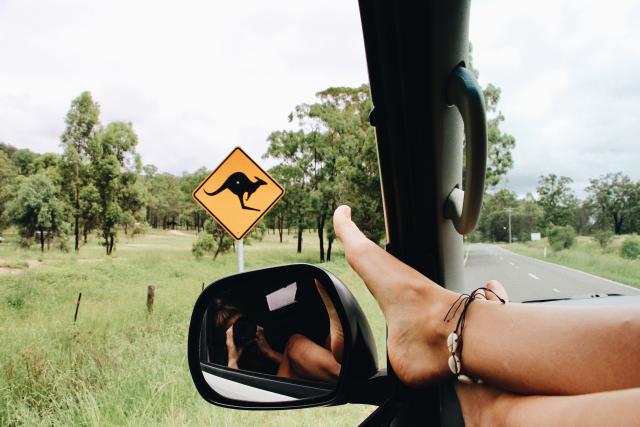By LACHLAN MOORHEAD
JUST weeks after speaking out about being the victim of assault while on the job, paramedic Bracha Rafael was witness to another act of violence towards medical staff.
Ms Rafael, who regularly patrols the Endeavour Hills area, said she recently saw an injured and intoxicated man she’d transported to hospital attempt to hit a male nurse and verbally abuse him.
The incident came just a couple of shifts after Ms Rafael spoke to the media about two separate occasions in which she was threatened and also the victim of attempted sexual assault.
New figures released last month showed there were 314 reports of assault and aggression towards paramedics in 2013-’14 – almost one per day.
“Two or three shifts after the initial press conference, I helped transport a guy who was intoxicated and had an injury.
“He had been quite agitated on scene and we’d requested police but he had so far been compliant and we decided we were comfortable taking him to hospital,” Ms Rafael said.
“But as soon as the male nurse came in, the patient was up and swinging at him and making a barrage of verbal assaults – what could they have done to prevent it?”
Unfortunately, this show of patient aggression towards medical staff and paramedics is not uncommon to Ms Rafael.
When she was still working as a graduate paramedic, the 25-year-old was threatened and intimidated by a woman, whose seemingly unconscious mother needed help.
“At some point, we’d requested police, then when a second paramedic arrived he knew the patient, and within a couple of minutes she’d woken up and demanded that we leave,” Ms Rafael said.
“We were happy to leave, we packed our bags away. I jumped into the passenger seat of the ambulance and the daughter pulled the door open and started abusing me.
“She was very aggressive, and she never at any point offered any particular rationale as to why she was so angry.”
Ms Rafael said she’d been very shaken by the incident.
“I’d frozen when it happened, and I was concerned by that,” she said.
“I felt my actions weren’t helpful, I needed to have a plan if that happened again.
“I needed to take different actions.”
And it did happen again, this time when Ms Rafael was working as a qualified paramedic.
While transporting another intoxicated and injured man the patient attempted to touch her inappropriately inside the ambulance.
“He spent most of the trip dozing and when I was checking his blood pressure I felt his hand between my thighs and up my legs towards my groin,” she said.
“I said what are you doing? It was the only time I’d sworn at a patient. It was effective, he woke up, and he appeared remorseful and I demanded that the patient say sorry.”
While she felt she’d handled the incident well under the circumstances, Ms Rafael admitted she wouldn’t have been able to treat any other patients that night due to her nerves.

